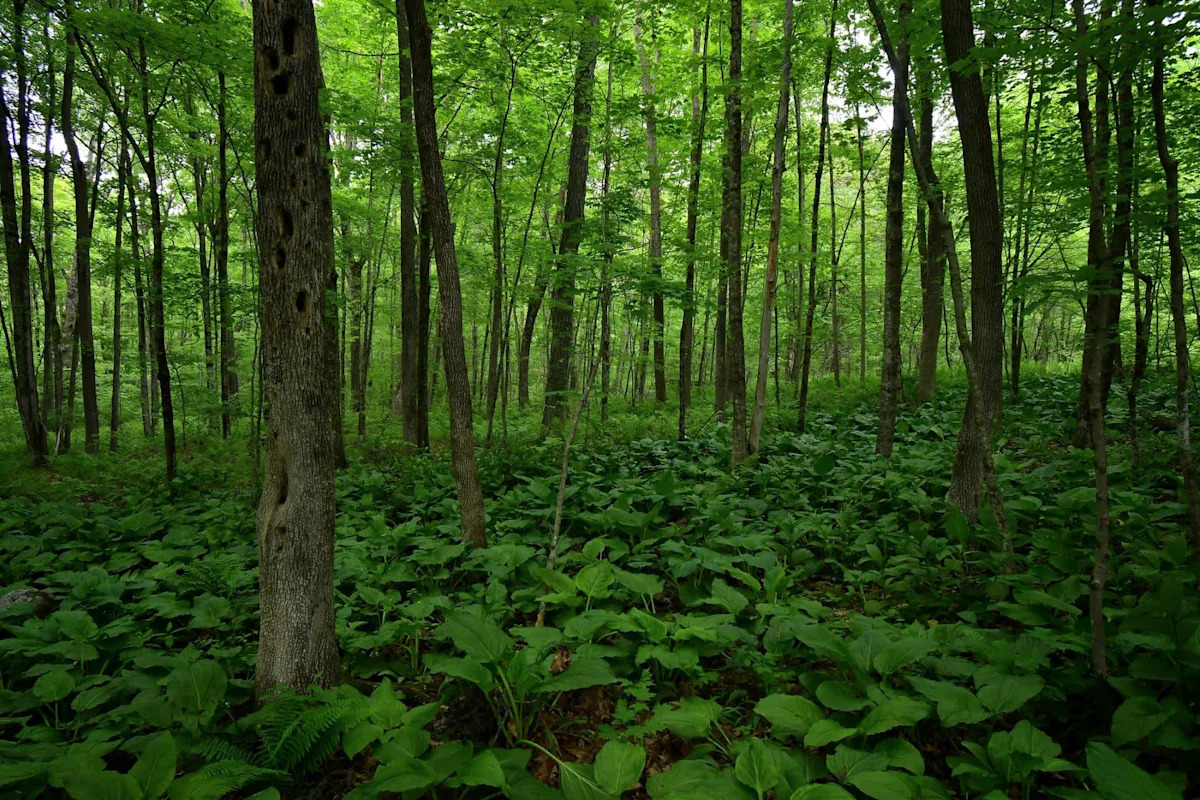Home / Environment / Hungry Bears Invade Connecticut Towns, Raising Public Safety Concerns
Hungry Bears Invade Connecticut Towns, Raising Public Safety Concerns
17 Nov
Summary
- Bears spotted in every Connecticut city and town in 2025
- Almost 40 home entries by bears reported
- Officials urge residents to avoid feeding bears and secure food sources

As of November 17, 2025, Connecticut is grappling with a significant rise in bear-human interactions across the state. According to officials from the Connecticut Department of Energy and Environmental Protection (DEEP), bears were spotted in every city and town in the state last year, with almost 40 home entries reported.
This trend is particularly concerning, as it exceeds the number of bear-human interactions seen in neighboring Massachusetts, though the exact reasons for this disparity are still unclear. However, the DEEP has determined that these encounters are almost always food-related, as bears seek out high-calorie human foods to prepare for the upcoming winter.
"Bears lose their natural fear of people when they eat food from ... human sources, causing them to spend more time in neighborhoods and near people, creating public safety risks and increasing the possibility that the bears may be hit and killed by vehicles," warned Jenny Dickson, the DEEP's wildlife division director.
To address this issue, the DEEP is urging residents to take proactive measures, such as securing their trash in airtight containers, keeping barbecue grills clean, and avoiding the use of birdfeeders, all of which can attract bears. The department also suggests planting native plants as an alternative, which can support local wildlife without endangering them.
As the climate and land development continue to impact wildlife habitats, the rise in bear-human interactions in Connecticut reflects a broader global trend of increased competition for resources between humans and animals. Solutions are needed to protect both sides and prevent further escalation of these conflicts.




